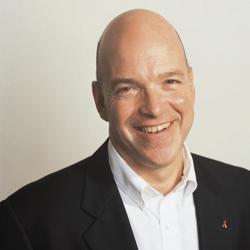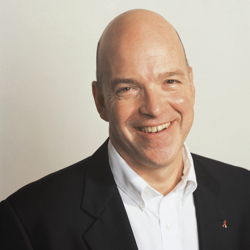What do monasteries of the 15-century and the modern orchestral world have in common? Ben Cameron—Program Director for the Arts at the Doris Duke Charitable Foundation—examines some surprising parallels.
 I was startled at the International Society for the Performing Arts conference in 2010 when an audience member rose and asked, “What if we looked at the present as the equivalent of the Religious Reformation of the 15th-century? Are we in an Arts Reformation?”
I was startled at the International Society for the Performing Arts conference in 2010 when an audience member rose and asked, “What if we looked at the present as the equivalent of the Religious Reformation of the 15th-century? Are we in an Arts Reformation?”
Certainly there are striking parallels: both that past religious and our current arts reformations have been spurred by technological breakthrough. The invention of the printing press and the subsequent wide spread public access to scripture occasioned by the printing press certainly has parallel in the redistribution of knowledge with the invention of the internet. Both reformations challenge old business structures and every symphony manager must ask whether the orchestral model will suffer the same fate as the monastery, a model which was largely decimated in the wake of religious reform. But perhaps most profoundly, both reformations at their center challenge (more…)



 How questions are framed inevitably guides and often limits our thinking. I am especially struck by the observation in this blog that “…the core orchestral presentation—a live, on-stage concert—is essentially unchanged over the past 100 years. Will that, can that, remain the case for the next 100 years?”—a “can” that seems to imply an aspiration to retain that format and an overall frame that provokes several questions of my own.
How questions are framed inevitably guides and often limits our thinking. I am especially struck by the observation in this blog that “…the core orchestral presentation—a live, on-stage concert—is essentially unchanged over the past 100 years. Will that, can that, remain the case for the next 100 years?”—a “can” that seems to imply an aspiration to retain that format and an overall frame that provokes several questions of my own.